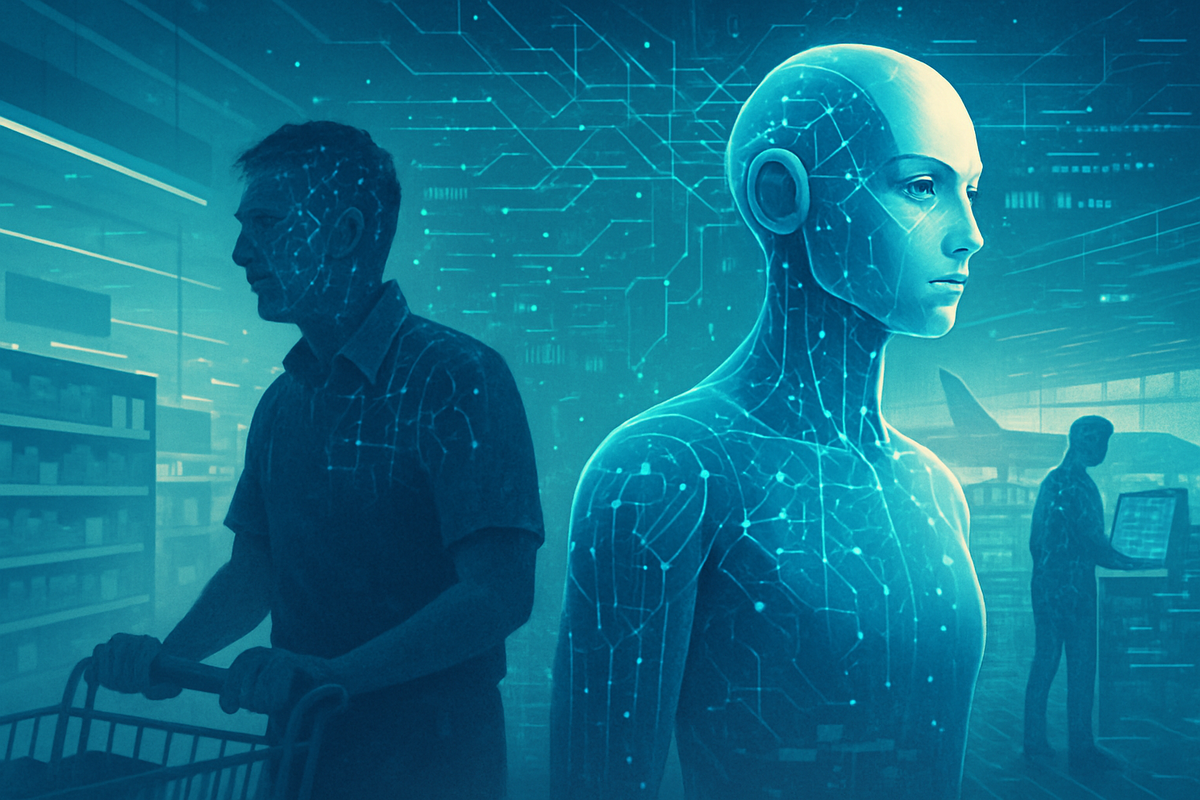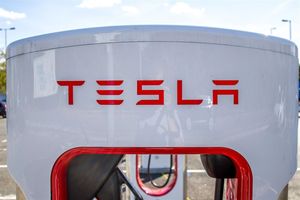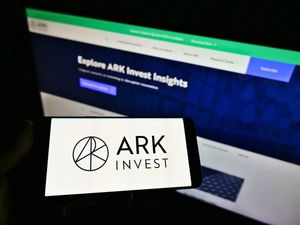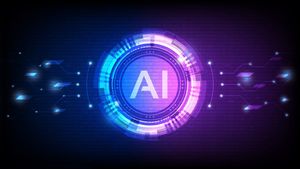
In a seismic shift echoing through boardrooms and factory floors alike, the profound impact of Artificial Intelligence (AI) on the global workforce is becoming starkly clear. Just days ago, on September 26-27, 2025, Walmart (NYSE: WMT) CEO Doug McMillon issued a sweeping declaration, stating unequivocally that AI will "literally touch every job" within the retail giant and beyond. Concurrently, Lufthansa Group (ETR: LHA), one of Europe's leading airlines, announced a significant restructuring that will see approximately 4,000 administrative positions eliminated by 2030, explicitly citing AI and digitalization as key drivers. These two announcements, from titans in their respective industries, paint a vivid picture of an economy on the cusp of a technological revolution, forcing a reevaluation of labor, skills, and corporate strategy worldwide.
A Dual Narrative: Transformation and Transition
Walmart CEO Doug McMillon's statements, made during an employee town hall at the company's Bentonville headquarters, underscore a pervasive and inevitable transformation. McMillon articulated a vision where AI's influence is so ubiquitous that he struggles to conceive of any job role untouched by it. "It's very clear that AI is going to change literally every job," he asserted, adding, "Perhaps there are jobs in the world that AI will not change, but I cannot think of any." As the world's largest private employer, with a global workforce of roughly 2.1 million, Walmart's proactive stance on AI integration is a bellwether for the broader economy. The company's chief people officer, Donna Morris, confirmed that while the overall workforce size is expected to remain stable over the next three years, the composition of roles will shift dramatically. Walmart is already deploying AI-powered chatbots for customer service, supplier interactions, and internal employee support, alongside leveraging AI for supply chain optimization and trend analysis. The company's strategy focuses on identifying evolving job roles, providing training, and supporting employees through this transition, aiming to "create opportunities for everyone so that all can successfully transition into this new era."
In stark contrast, or perhaps as a direct consequence of this same technological wave, Lufthansa Group (ETR: LHA) announced on September 29, 2025, a significant reduction in its administrative workforce. The airline plans to cut 4,000 administrative positions globally by 2030, representing approximately 4% of its total workforce of over 101,000 employees. This strategic move is explicitly driven by "profound changes brought about by digitalization and artificial intelligence," which Lufthansa expects will yield greater efficiency across numerous operational and administrative processes. The cuts are primarily aimed at streamlining operations, eliminating duplicated efforts—especially as the airline deepens integration among its member carriers like SWISS, Austrian Airlines, and Brussels Airlines—and achieving ambitious financial targets, including an adjusted operating margin of 8-10% by 2028. While administrative staff will bear the brunt of these reductions, operational roles such as pilots, flight attendants, and maintenance personnel are largely expected to remain unaffected. Lufthansa has committed to offering support and retraining opportunities for affected employees, working in close consultation with social partners and unions.
Winners and Losers in the AI Economy
The accelerated adoption of AI presents a complex landscape of opportunities and challenges, creating clear winners and potential losers among public companies. Companies that embrace AI strategically, like Walmart (NYSE: WMT), stand to gain significant competitive advantages. By automating routine tasks, optimizing supply chains, enhancing customer experiences, and generating deeper insights from vast datasets, Walmart can improve efficiency, reduce operational costs, and innovate faster. This could translate into higher profitability, stronger market positioning, and potentially new revenue streams. Similarly, Lufthansa (ETR: LHA) aims to leverage AI and digitalization to achieve substantial cost savings and operational efficiencies, moving closer to its ambitious financial targets. Airlines that successfully automate back-office functions and optimize flight operations using AI could achieve a significant edge in a highly competitive industry.
On the other hand, companies that are slow to adapt or heavily reliant on processes easily automated by AI could face considerable headwinds. Industries with a high proportion of administrative, data entry, or repetitive analytical roles are particularly vulnerable. For instance, smaller airlines or retailers lacking the capital or expertise to invest in advanced AI solutions might find it difficult to compete with the efficiencies achieved by their larger, more technologically advanced counterparts. Furthermore, the companies providing the AI solutions themselves—firms specializing in machine learning, robotics, and data analytics—are poised to be major beneficiaries. Tech giants like Microsoft (NASDAQ: MSFT), Google (NASDAQ: GOOGL), Amazon (NASDAQ: AMZN), and specialized AI startups will see increased demand for their platforms, software, and consulting services as businesses scramble to integrate AI. The demand for skilled AI engineers, data scientists, and ethicists will also surge, benefiting educational institutions and specialized recruitment firms.
The Wider Significance: A New Industrial Revolution
These announcements from Walmart and Lufthansa are not isolated incidents but rather critical indicators of a broader, accelerating trend—a new industrial revolution driven by artificial intelligence and pervasive digitalization. This shift transcends individual sectors, promising ripple effects across the entire global economy. Competitors in retail, such as Target (NYSE: TGT) and Kroger (NYSE: KR), and in aviation, such as Delta Air Lines (NYSE: DAL) and United Airlines (NASDAQ: UAL), are undoubtedly scrutinizing these moves, assessing their own AI strategies, and potentially accelerating their automation initiatives to maintain competitiveness. The pressure to adopt AI will create a technology arms race, driving significant capital expenditure into R&D and implementation across industries.
Beyond direct competitors, the implications extend to various partners and the broader labor market. Supply chain partners will need to integrate AI-driven logistics. Training and education providers will face immense pressure to reskill and upskill the workforce for new AI-augmented roles. Regulatory bodies and policymakers will increasingly grapple with the social and economic consequences of widespread job displacement. Discussions around universal basic income, robust social safety nets, and ethical AI development are likely to intensify. Historically, technological shifts—from the agricultural revolution to the industrial revolution and the rise of the internet—have always led to significant workforce restructuring. The current AI wave, however, appears to be unfolding at an unprecedented pace and scale, impacting cognitive rather than just manual labor, making it a unique challenge for societies worldwide.
What Comes Next: Navigating the AI Frontier
In the short term, the announcements from Walmart and Lufthansa will likely spur intensified strategic pivots across various industries. Companies will be forced to critically evaluate their operational models, identify tasks ripe for automation, and invest heavily in AI infrastructure and talent. This could lead to a surge in mergers and acquisitions in the AI technology space, as larger corporations seek to acquire specialized expertise and platforms. For the workforce, the immediate future will involve a heightened focus on continuous learning and adaptability. Governments and educational institutions will face increasing pressure to develop robust retraining programs to equip displaced workers with the skills needed for emerging roles in the AI-driven economy, such as AI trainers, data annotators, prompt engineers, and ethical AI oversight specialists.
Looking further ahead, the long-term possibilities are vast and varied. On one hand, AI could unlock unprecedented levels of productivity and innovation, leading to economic growth, the creation of entirely new industries, and a higher standard of living. This might involve AI-powered personalized medicine, advanced climate solutions, and automated creative processes. On the other hand, unchecked job displacement could exacerbate social inequalities, leading to significant societal challenges if not managed effectively. Market opportunities will emerge for companies specializing in AI ethics, cybersecurity for AI systems, and human-AI collaboration tools. Investors should watch for companies that are not just adopting AI, but are doing so with a clear strategy for workforce transformation, ethical deployment, and value creation. The development of new regulatory frameworks to govern AI's use and its impact on labor will also be a critical area to monitor.
A New Era of Work: Preparing for Pervasive AI
The statements from Walmart (NYSE: WMT) CEO Doug McMillon and the restructuring plans of Lufthansa Group (ETR: LHA) serve as powerful harbingers of a new era of work, one fundamentally reshaped by artificial intelligence. The key takeaway is clear: AI is not just another technological advancement; it is a foundational shift that will redefine job roles, organizational structures, and competitive landscapes. While the prospect of widespread job displacement is a legitimate concern, these developments also highlight the immense potential for efficiency gains, innovation, and the creation of entirely new categories of work. The market moving forward will reward agility, strategic investment in AI, and a proactive approach to workforce development.
Investors should closely monitor companies' AI adoption strategies, particularly their plans for integrating AI into core operations and their approach to talent management and retraining. Companies that successfully navigate this transition, fostering a culture of continuous learning and embracing human-AI collaboration, are likely to emerge as leaders in the coming decades. Conversely, those that resist or fail to adapt risk being left behind. The lasting impact of AI will be determined not just by the technology itself, but by how societies and businesses choose to implement it—whether it leads to widespread prosperity and new opportunities, or to significant social disruption. The coming months will offer further insights into how these initial moves by global giants cascade through the economy, setting the stage for what promises to be one of the most transformative periods in modern economic history.
This content is intended for informational purposes only and is not financial advice





